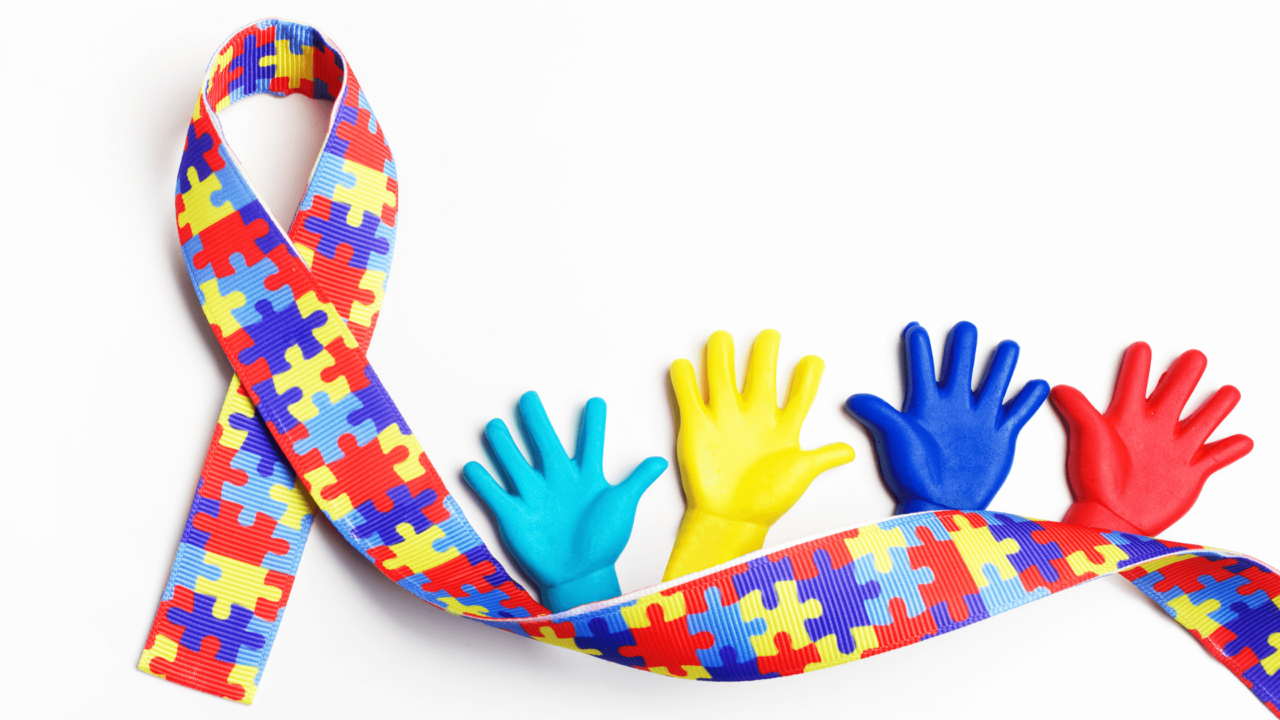I receive many requests from middle-aged women who want to know if they have ASD. They say they were not evaluated for this when they were younger, but have been struggling with symptoms related to Autism for their lives. It will be helpful to first understand, generally, what is Autism, or Autism Spectrum Disorder (ASD). I diagnose ASD in patients, but know that younger patients tend to need a full neuro-psychological evaluation to obtain.
ASD is a condition that affects how a person communicates, understands social interactions, and experiences the world. People with autism might think, feel, and behave in ways that seem different from others. For example, they may find it hard to understand social cues like facial expressions or tone of voice, or they may have strong interests in specific topics and enjoy talking about them in detail. They might also prefer routines and can feel overwhelmed by changes or sensory experiences like loud noises, bright lights, or certain textures. Two common co-morbidities with ASD are Attention Deficit Hyperactivity Disorder (ADHD) and anxiety disorders.
It’s important to remember that autism is a spectrum, which means every person with autism is unique, with their own strengths and challenges. Some people with autism may need more support in daily life, while others may be highly independent. What’s key is understanding that these differences don’t make a person less capable or valuable—they just process the world in their own way. With support and understanding, people with autism can build meaningful relationships, pursue their passions, and lead fulfilling lives.
It is also important to consider that boys are more easily diagnosed with Autism Spectrum Disorder (ASD) because they often exhibit more overt behavioral symptoms, such as repetitive behaviors and social difficulties, which align with traditional diagnostic criteria. In contrast, girls with ASD may display more subtle signs and are often better at masking their symptoms, leading to underdiagnosis or misdiagnosis.




